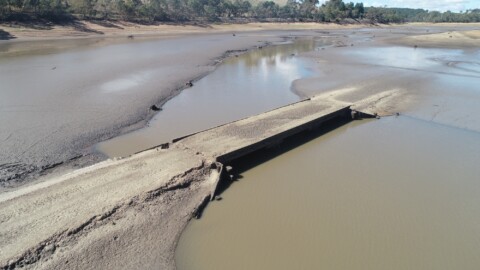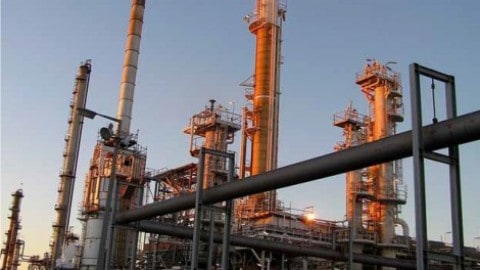New chemical dosing systems at the Gloucester Water Treatment Plant will provide greater water stability to residents in Gloucester and Barrington, New South Wales.
The solution will limit the risk of copper pipe corrosion, according to an independent investigation into the quality of Gloucester’s water supply conducted in 2021.
Midcoast Council commissioned the investigation following a community complaint; alleging poor water supply had caused copper pipe corrosion at several residences.
While the investigation found that the water supplied by the treatment plant was less corrosive than other benchmarked water supply systems along Australia’s eastern seaboard, it recommended that additional chemical dosing would further reduce the corrosivity of Gloucester’s water supply.
Council’s Director of Infrastructure and Engineering Services, Rob Scott, said the decision to install lime and CO2 dosing systems at the treatment plant would provide peace of mind to the community.
“While the installation of these systems won’t necessarily eliminate future instances of copper pipe corrosion in Gloucester, it will significantly reduce the likelihood of our water supply contributing to any corrosion issues, which was a concern among some residents,” said Mr Scott.
“As the research tells us and the findings of last year’s investigation reinforced, copper pipe corrosion is a complex phenomenon that can be caused by a range of factors, including the quality of the pipe to begin with, the way it has been installed, contact with other metals and faulty earthing of electrical circuits to name a few.”
The decision to install additional dosing systems at the treatment plant followed a thorough assessment by Council staff and unanimous support from elected councillors.
“In considering this issue, we compared the pros and cons of installing these systems at Gloucester’s current treatment plant against the pros and cons of incorporating them into the new treatment plant we’re planning to build at Gloucester in the next eight to ten years,” said Mr Scott.
“While from a cost perspective it would be more economical to wait until the new treatment plant is built, Council and the elected body agreed it would be more beneficial to the community to install these systems now.
“Lime and CO2 dosing is considered the gold standard for improving water stability.”
The new systems will cost around $1.75 million to install and an additional $51,000 per year in operating costs. They are scheduled to be installed in the next three to five years and will potentially be transferred to Gloucester’s new treatment plant when it is built.
The major upgrade to Gloucester’s water network is also continuing, with a new head contractor soon to be announced to complete the construction of two reservoirs on Cemetery Road.
More information on this project is available at: https://haveyoursay.midcoast.nsw.gov.au/amenities-upgrade-program/gloucester-water-upgrade

















